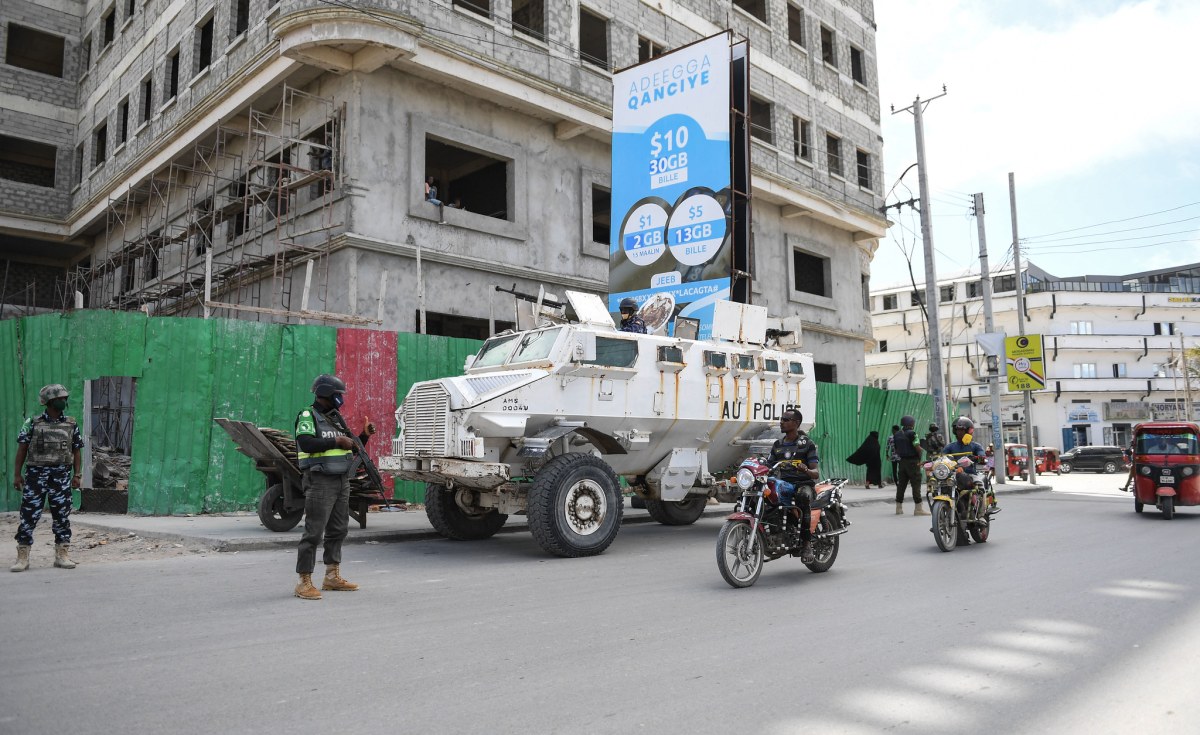Communities have warned they will prevent coal trucks from travelling on certain routes from Thursday.
- Exasperated communities in KwaZulu-Natal plan to block coal trucks from alternative routes on Thursday.
- The intervention comes as the truck traffic flows have grown amid poor rail performance.
- The groups say its peaceful intervention is intended to keep the roads and affected communities safe.
- Get the biggest business stories emailed to you every weekday, or go to the News24 Business front page.
Communities affected by a significant increase in trucks ferrying coal from Mpumalanga to KwaZulu-Natal will prevent access for coal trucks on the R33 on Thursday in a protest they have dubbed a “life-saving exercise”.
No side-tipper coal trucks will be allowed past barriers that will be erected at different localities on this routes.
“Truck owners and drivers are hereby seriously advised to make alternative arrangements to prevent any inconvenience, delays and possible serious consequences for all concerned”, said a notice issued on behalf of various organisations and groupings within the communities living in towns and surrounding areas along the R33 as well as the R34 and R6, including Ermelo, Piet Retief, Paulpietersburg, Vryheid, Melmoth and Utrecht.
Thursday’s demonstration, organised by a grouping called R33/34/66 JOC, said the communities in question were badly affected by the diversion from the N2 of thousands of abnormal-load coal trucks travelling from the Mpumalanga coal fields to Richards Bay.
Last month a deadly traffic accident on the N2 in Pongola which claimed 20 lives (18 of which were children) also prompted an outcry over the growing number of trucks on that route which had reportedly grown from 1 000 to 5 000 a day.
The route has been used by coal miners and exporters who, in the face of poor railing performance, are finding alternative means to move coal offshore to take advantage of exceptionally high price prices, which have been spurred by Russia’s invasion of Ukraine.
Since the deadly incident, trucks have been prevented from passing via Pongola and have diverted on these other routes, which are in no state to handle such traffic.
“Exactly four weeks ago, all of these trucks started going through town. It was like the cut of a knife. All of a sudden, after the accident on the Pongola road, all the trucks have been diverted this way,” Ronnie Gervers, the R33/34/66 JOC convenor, told News24. “The R33 is not suitable. The roads are unsafe; they were in a bad state as it is.” He said the traffic on the roads was “crazy”, with many trucks passing through seemingly not being roadworthy.
“It must be emphasised that the actions now taken and planned by the involved communities should not be viewed as a vendetta against owners of legally owned trucks driven by law-abiding drivers,” the R33/34/66 JOC said in the notice.
‘No other option’
“The situation has, however, become so dangerous and damaging to the communities involved that they are left with no other option than to resort to … peaceful civil action in a desperate attempt to prevent further violations of their human rights, the threat to human lives and the irreversible damage caused to the road infrastructure that these communities depend on for their socioeconomic survival.”
The R33/34/66 JOC said the roads in question generally, and the R33 between the Pongola bridge and Vryheid in particular, are not designed to accommodate the thousands of trucks and the overwhelming high-axle loads to which the routes in question are currently exposed. Paired with the already poor state of the roads, the situation has become dangerous for trucks, the public and especially school children that are being transported to and from school daily.
Gervers said permission had been obtained for the demonstration, which will take place 5km north of Paulpietersburg, kicking off at 08:00 on Thursday, where a physical barrier will be utilised to restrict access to coal trucks on the R33.
“We are going to stop them and ask them to turn around, park, or take an alternative route, whatever they prefer, but we are only going to stop the coal trucks from going through; we’re not closing the road,” said Gervers. “We’re going to allow the usual traffic to go. We will also allow empty trucks that are going back north to get through.”
The police and officials from the traffic department will be on site to monitor the situation, Gervers said, adding that the local taxi association will support the demonstration.
“This is a life-saving exercise. We don’t want our roads to see the same situation as what happened in Pongola, and to only act once there has been loss of life,” said Gervers
The R33/34/66 JOC has called for coal trucks to immediately use alternative roads while, in the longer term, it said coal volumes must return to rail.
Barbara Mommen, trade and transport corridor consultant at Coalescence, said the situation results entirely from Transnet Freight Rail’s failure to provide efficient rail services and capacity “particularly for bulk commodities like coal that should definitely not be moving on road”.
Mining companies have very few options when it comes to moving their goods to the port, she said. And “when companies say it’s costing as much to pull product out of the ground as it is to get it to market – we have got a serious problem. Unless there is big investment in rail and technical capacity in Transnet Freight Rail to service mineral exports, we are on the back foot because it’s a key element of the supply chain.”
Transnet rail has historically moved the bulk of South Africa’s coal exports to the privately-owned Richards Bay Coal Terminal (RBCT). Unreliable railways, combined with attractive market prices, have however pushed coal producers to find alternative port capacity – including the port of Richards Bay and Durban – as RBCT, by design, cannot receive any coal by road.




















Discussion about this post